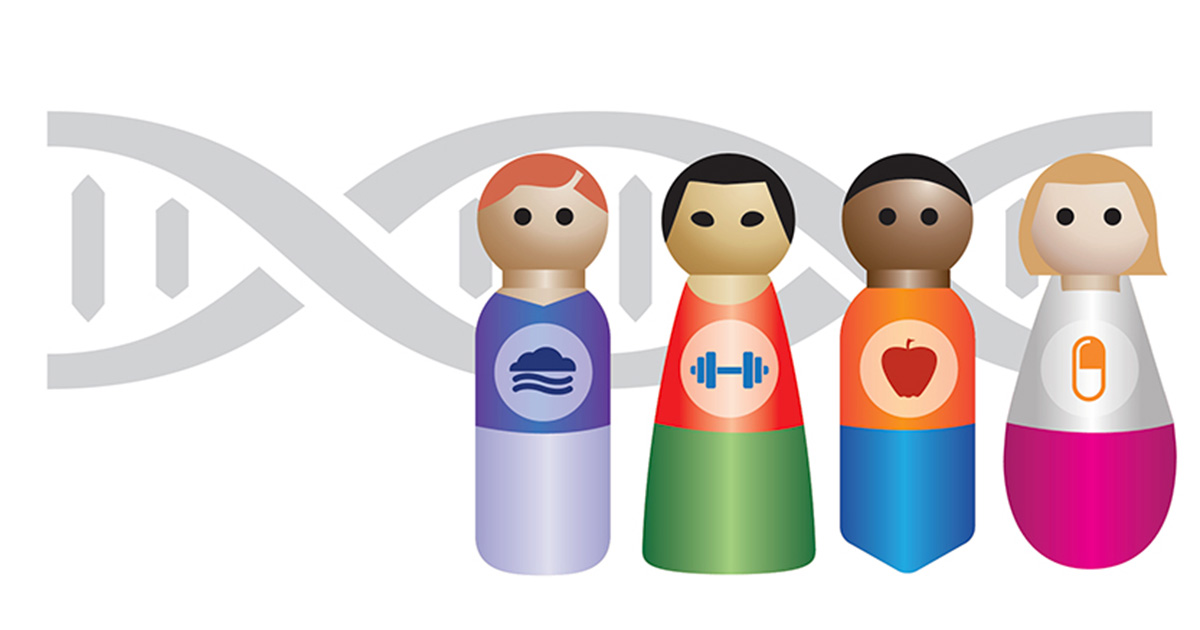
PEGS was initially established as the Environmental Polymorphisms Registry, which was a cross-sectional cohort with participants selected by convenience sampling. In 2002, the Environmental Polymorphisms Pilot Study (EPPS) was established to assess willingness to participate in such a cohort and to determine the efforts that would be needed for recruitment. The goal of EPPS was to enroll 500 subjects through outpatient medical clinics in the UNC Healthcare System. Based on the favorable response rate, enrollment for EPR/PEGS began in 2005, with the goal of recruiting 20,000 individuals living in the greater Research Triangle Park (RTP) region in North Carolina who reflect the overall demographics of the area in terms of age, sex, race and ethnicity.
PEGS participants were recruited from outpatient clinics and hospitals in the region as well as from the general population at over 200 unique sites, including clinical centers, hospitals, corporate offices, community health fairs, career fairs, colleges and universities, charity walks and races, senior centers, sporting events, social clubs, religious institutions, military bases, festivals and other community events. The PEGS cohort comprises 19,445 participants, and enrollment is ongoing at the National Institute of Environmental Health (NIEHS) Clinical Research Unit (CRU) in North Carolina, the National Institutes of Health (NIH) Clinical Center in Maryland, the PEGS enrollment website and Clinicaltrials.gov. Except for the NIH Clinical Center in Maryland, all recruitment sites are in North Carolina.
Contact is maintained with PEGS participants through email, flyers and phone calls to update their personal information, reduce attrition and maximize response rates for follow-up studies. Current contact information is maintained on as many subjects as possible using a combination of annual mailings, newsletters, emails and telephone calls. Subjects agree to be contacted for follow-up studies for up to 25 years after enrollment.
Participant Demographics
| Demographic Variable | Value |
|---|---|
| Sex (N, %) | |
| Female | 12,120 (62.3) |
| Male | 7,298 (37.5) |
| Race (N, %) | |
| White | 12,279 (63.1) |
| Black or African American | 5,361 (27.6) |
| Other | 868 (4.5) |
| Ethnicity (N, %) | |
| Non-hispanic / Non-latino | 17,750 (91.3) |
| Hispanic Latino | 979 (5.0) |
| Education (N, %) | |
| Grade 12 or Less | 1,563 (16.5) |
| College, Technical or Vocational | 2,794 (29.6) |
| Bachelor's Degree | 2,552 (27.0) |
| Graduate or Professional Degree | 2,469 (26.1) |
| Income (N, %) | |
| Less than $20,000 | 1,294 (13.7) |
| $20,000 to $49,999 | 2,815 (29.8) |
| $50,000 to $79,999 | 2,251 (23.8) |
| $80,000 or More | 2,758 (29.2) |
| Age (mean, sd) | 50.2 (16.0) |
All data on this website are reported from PEGS Data Freeze 3.1 created on 6/27/2023.



